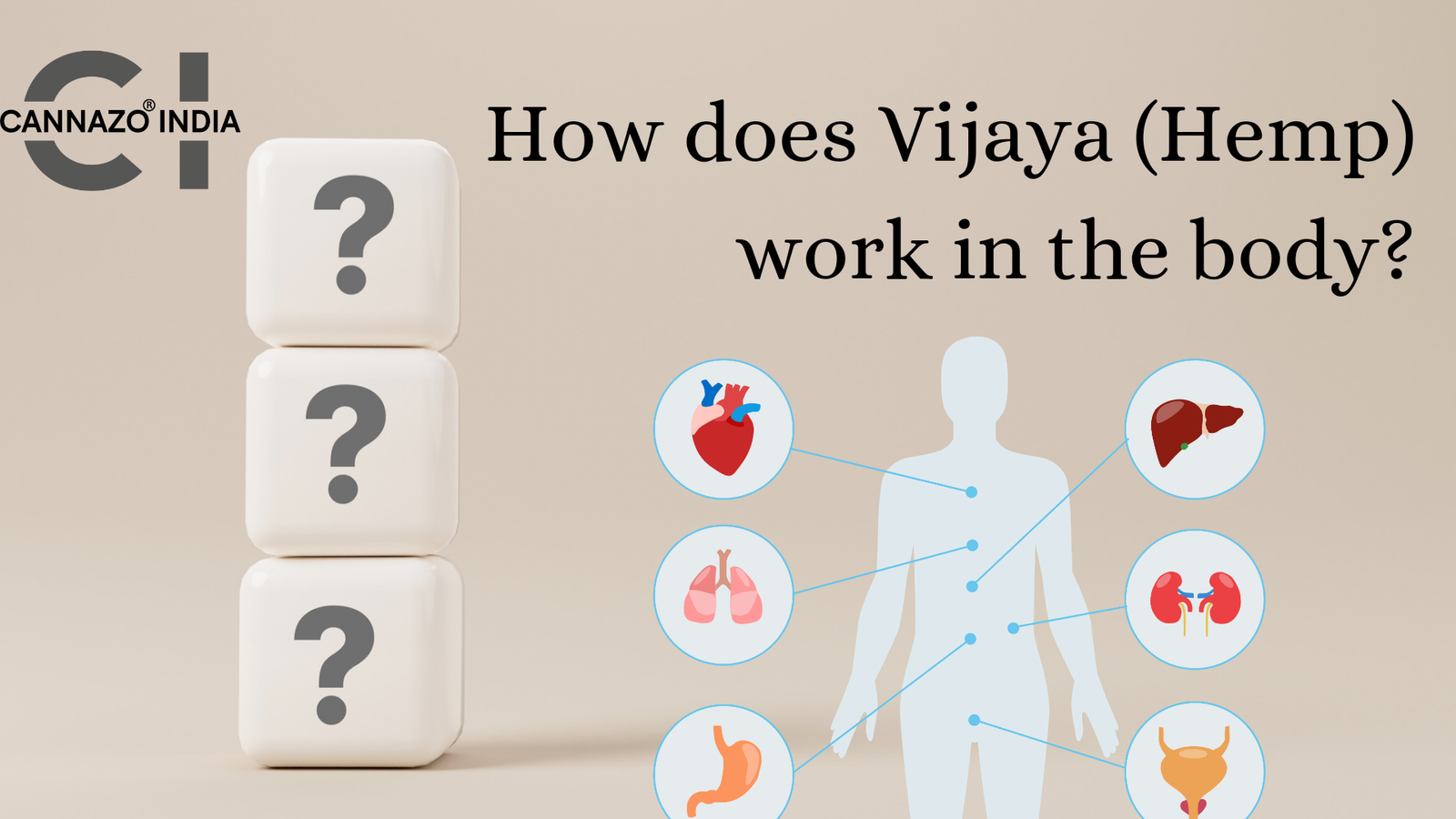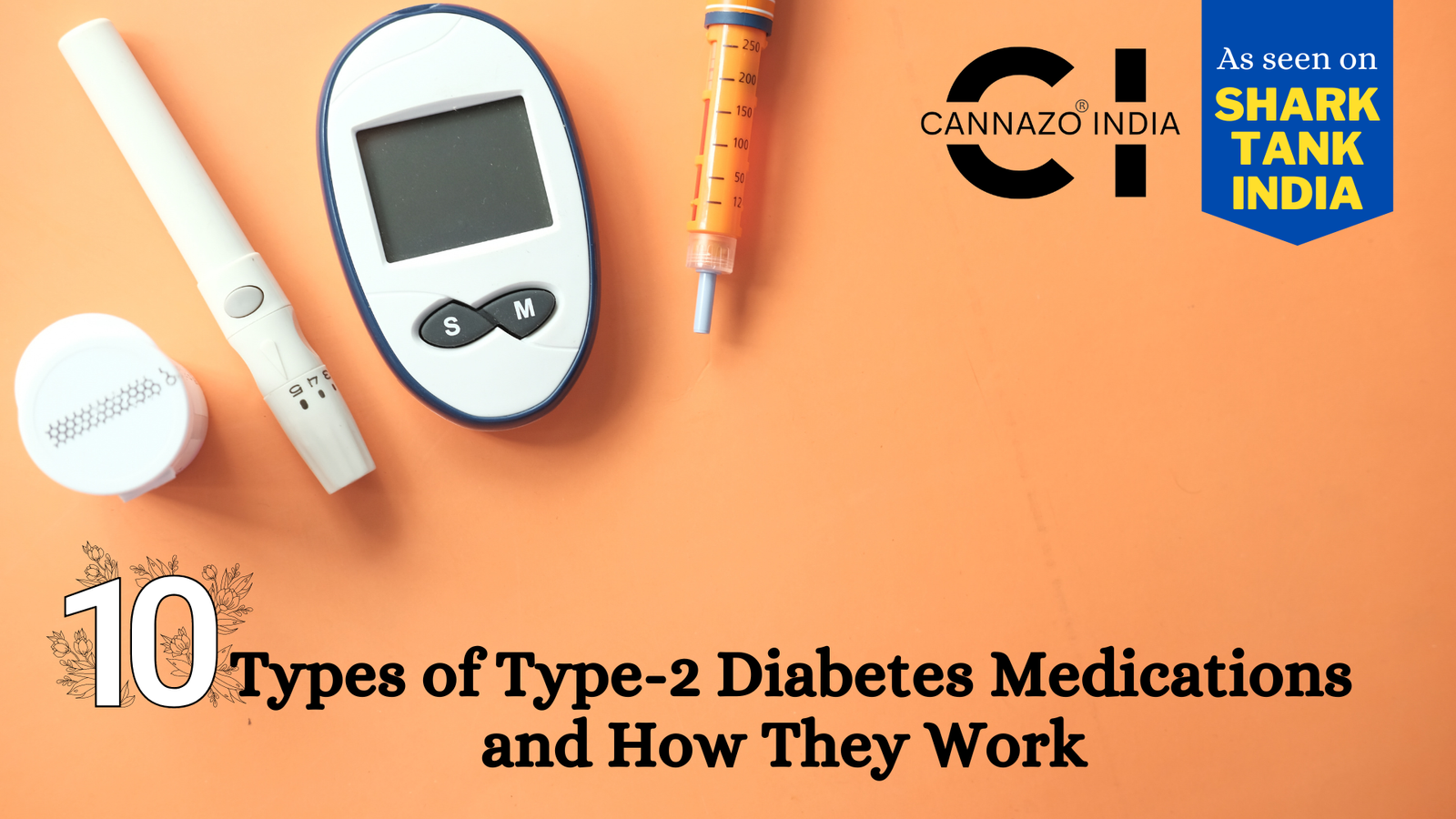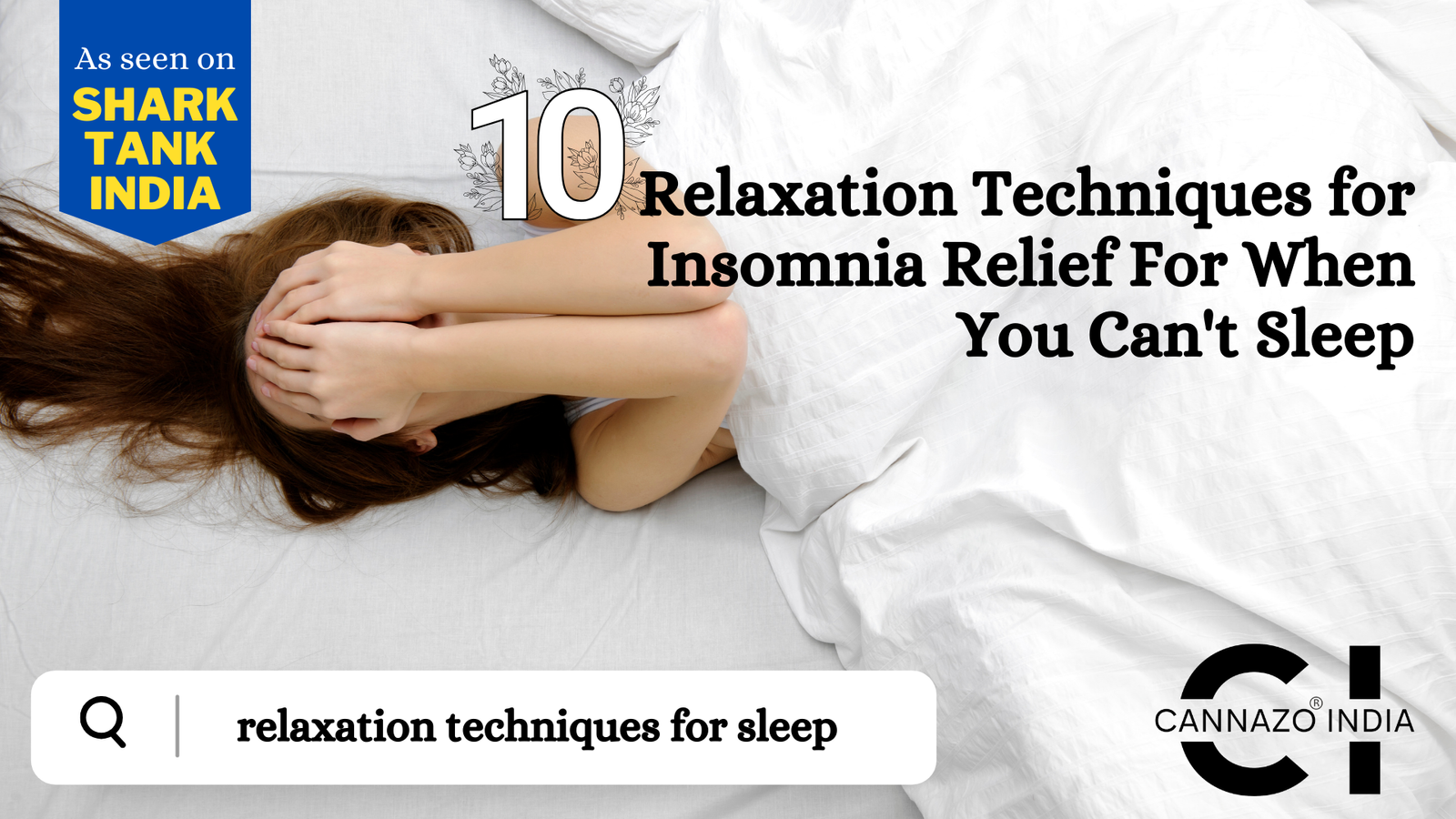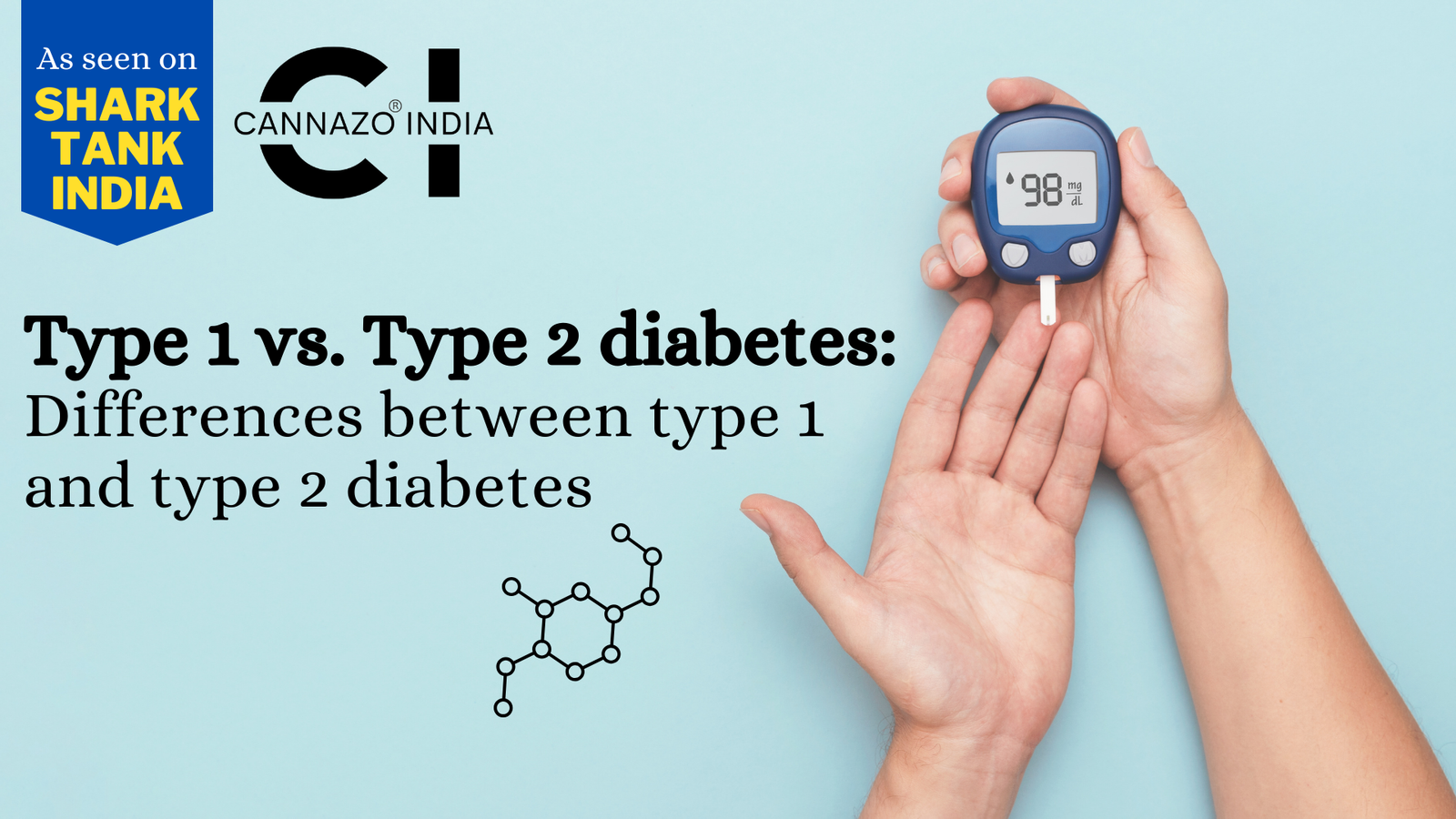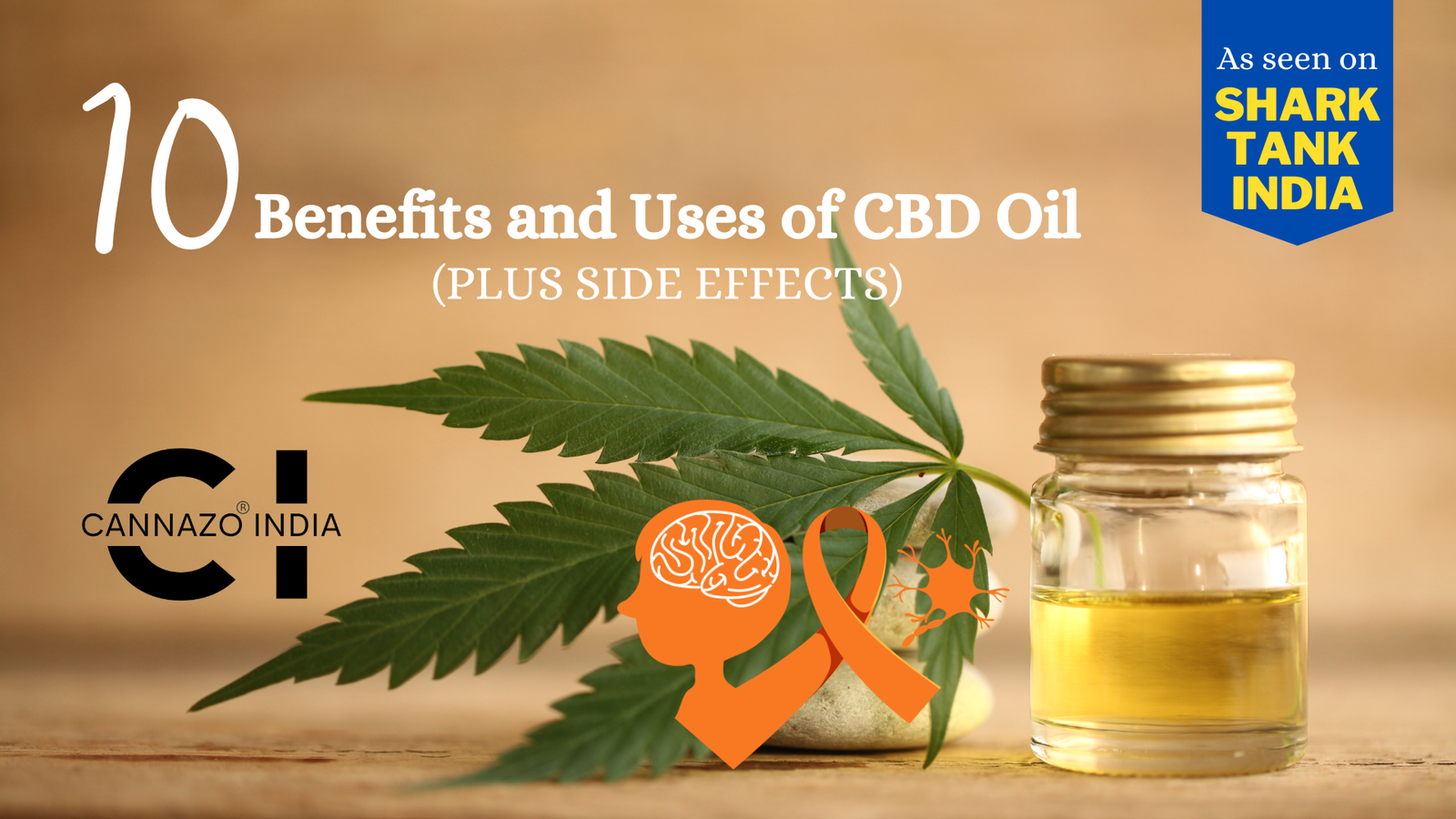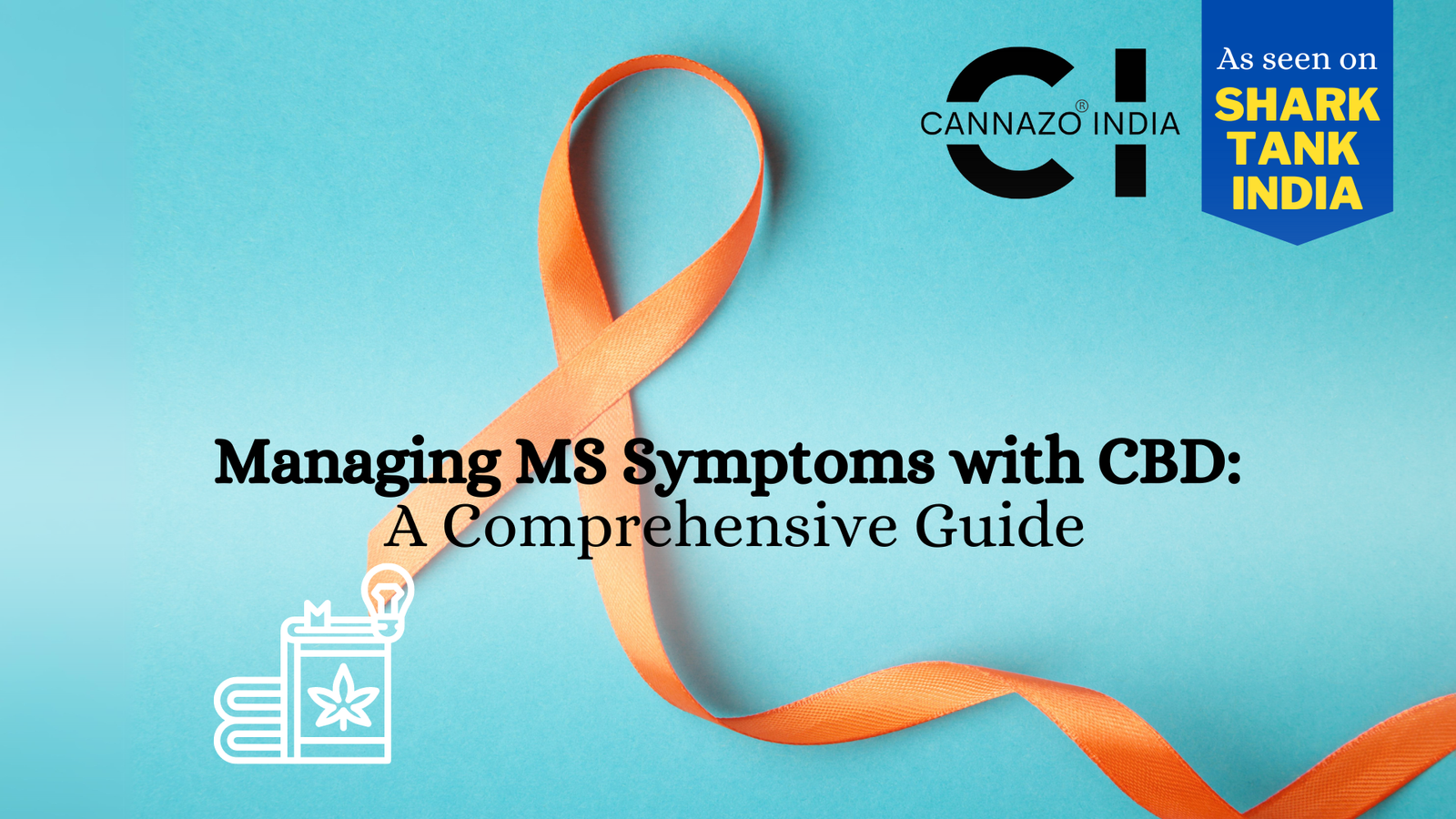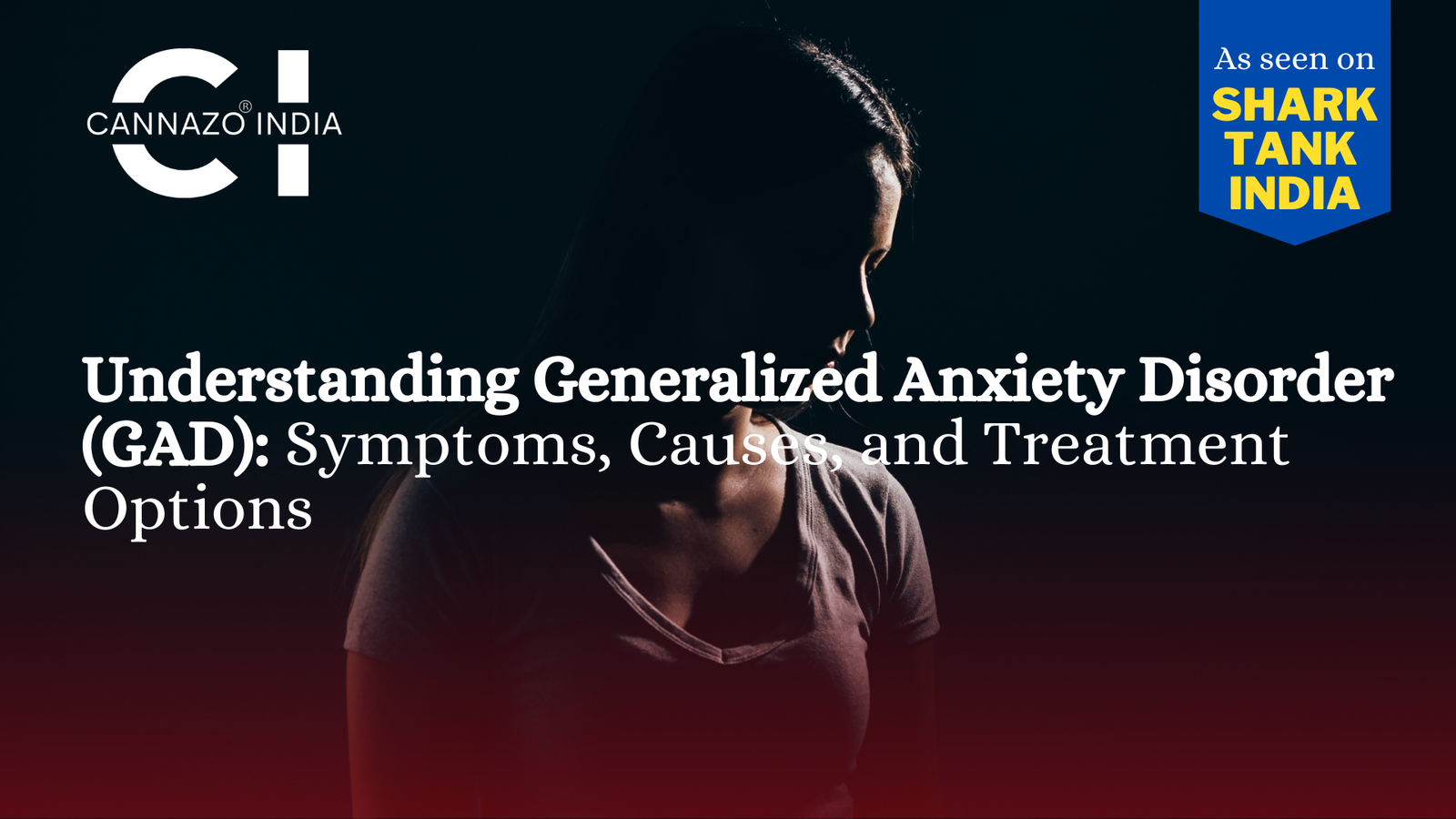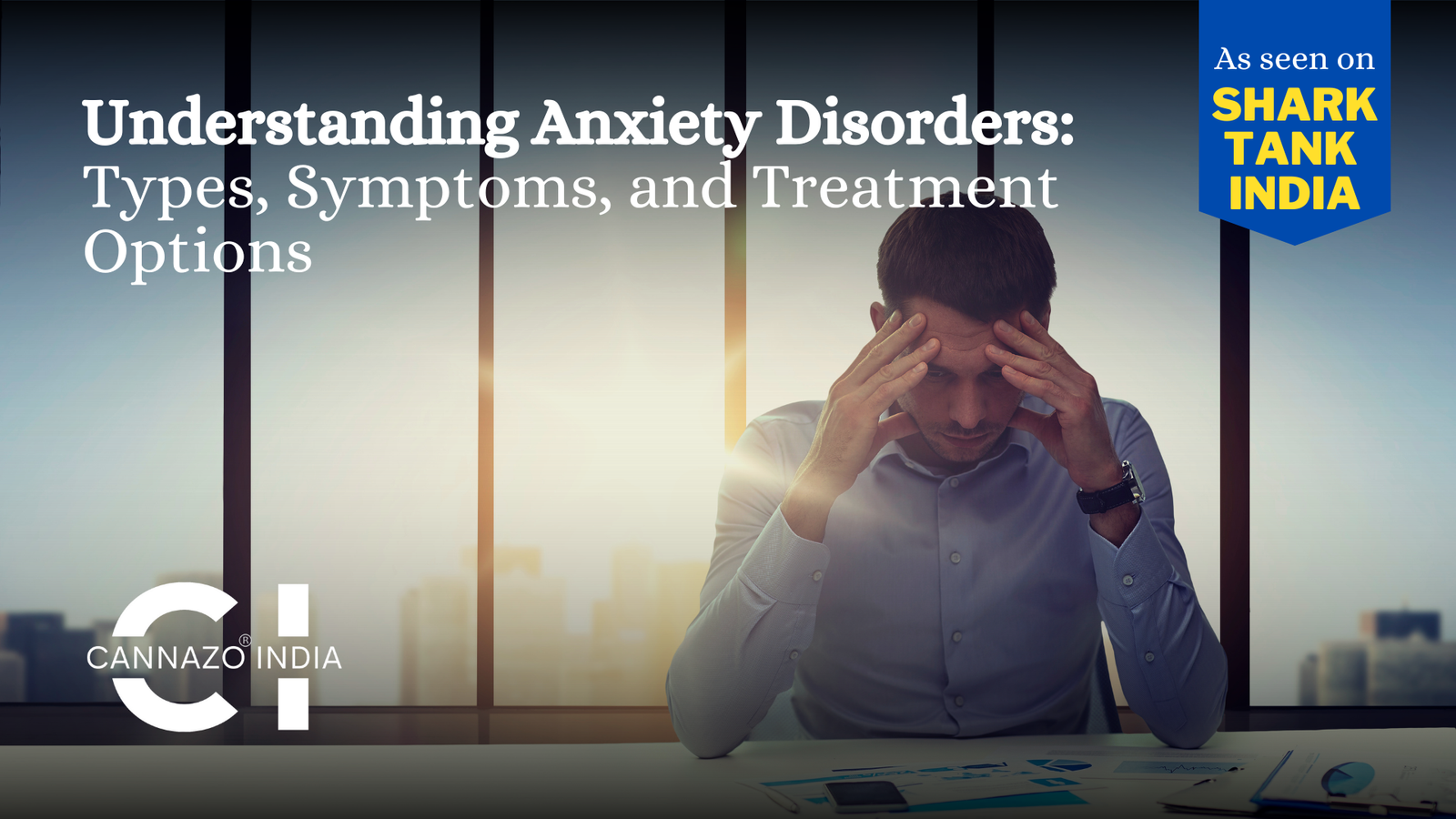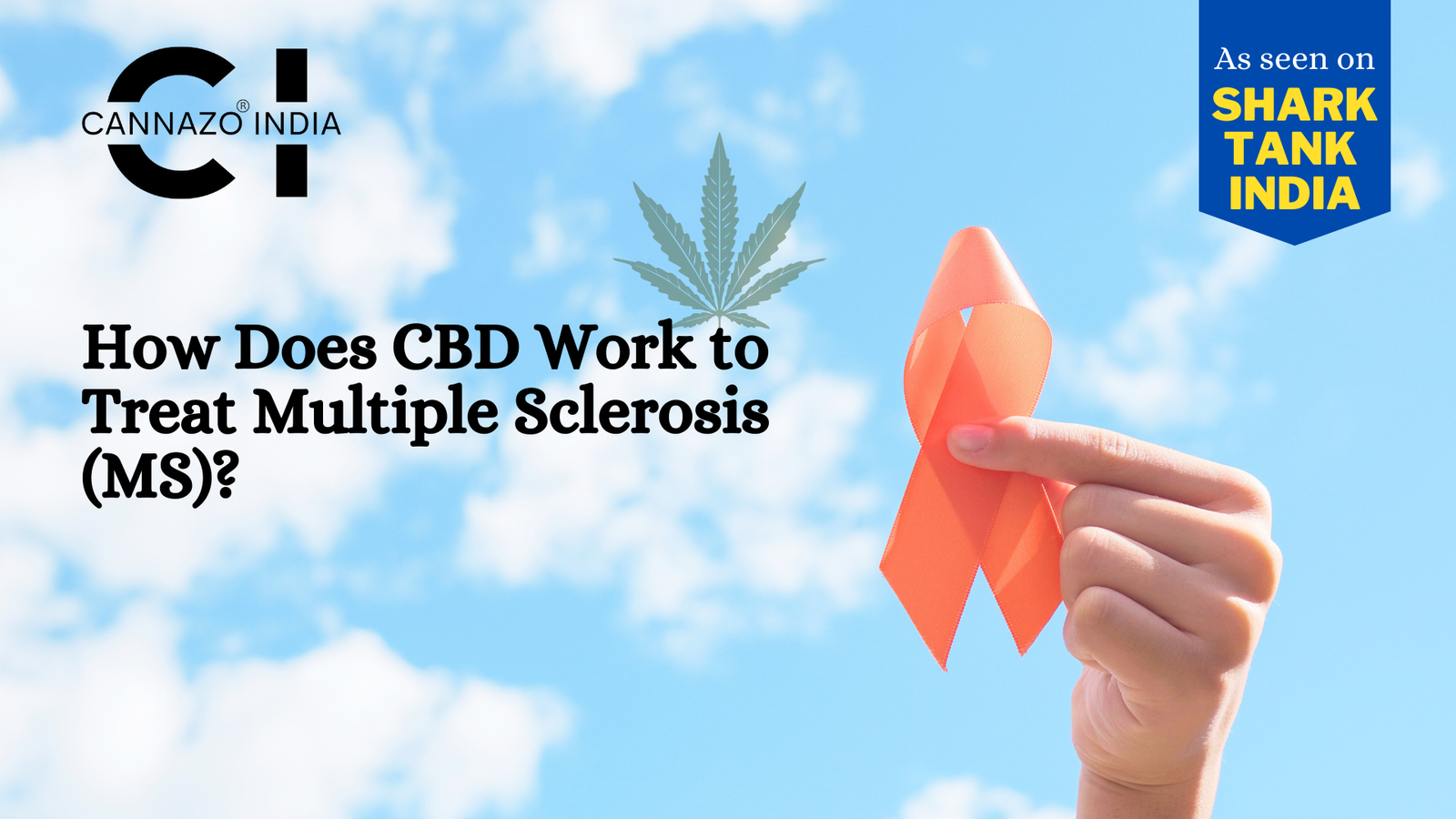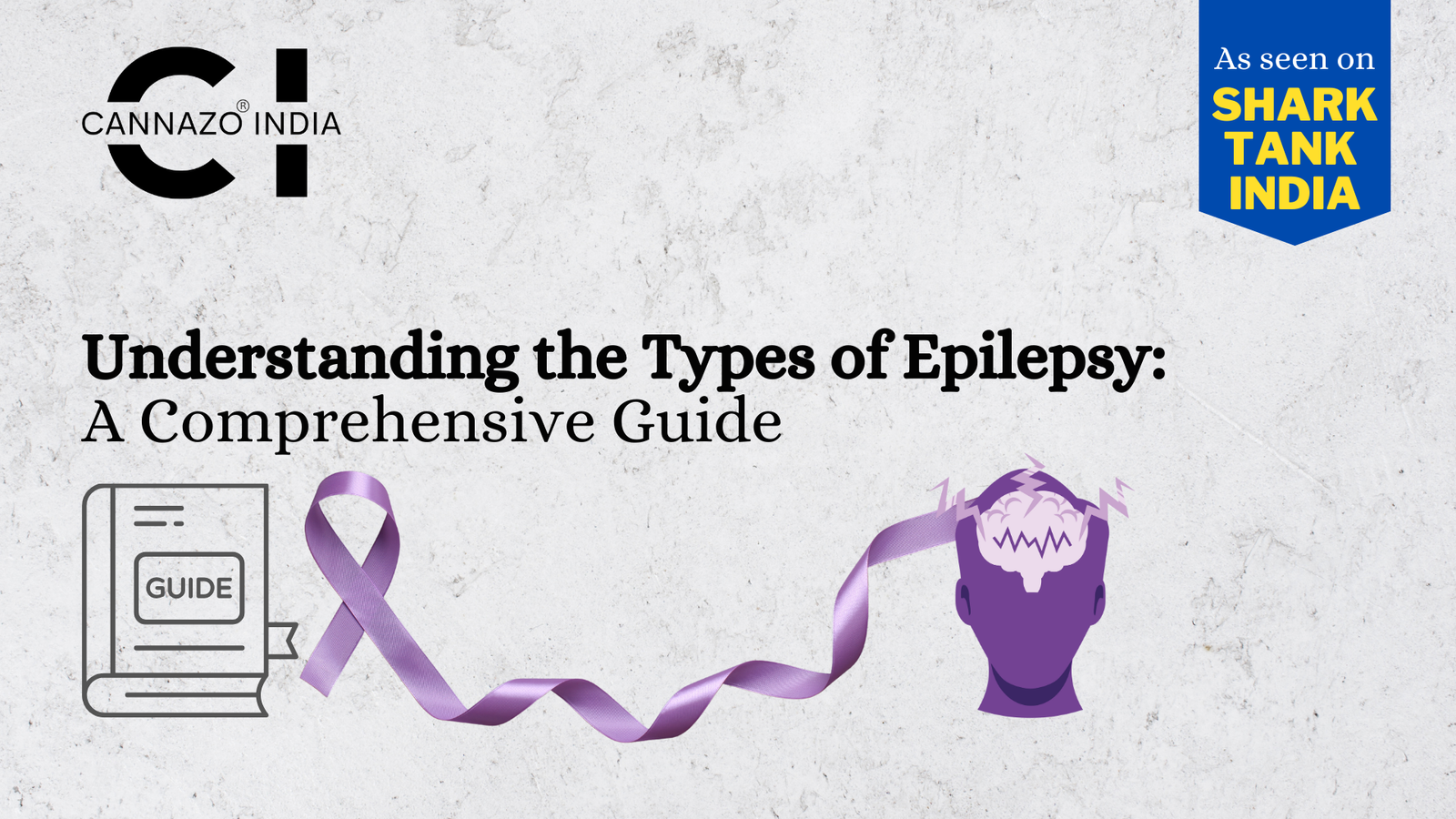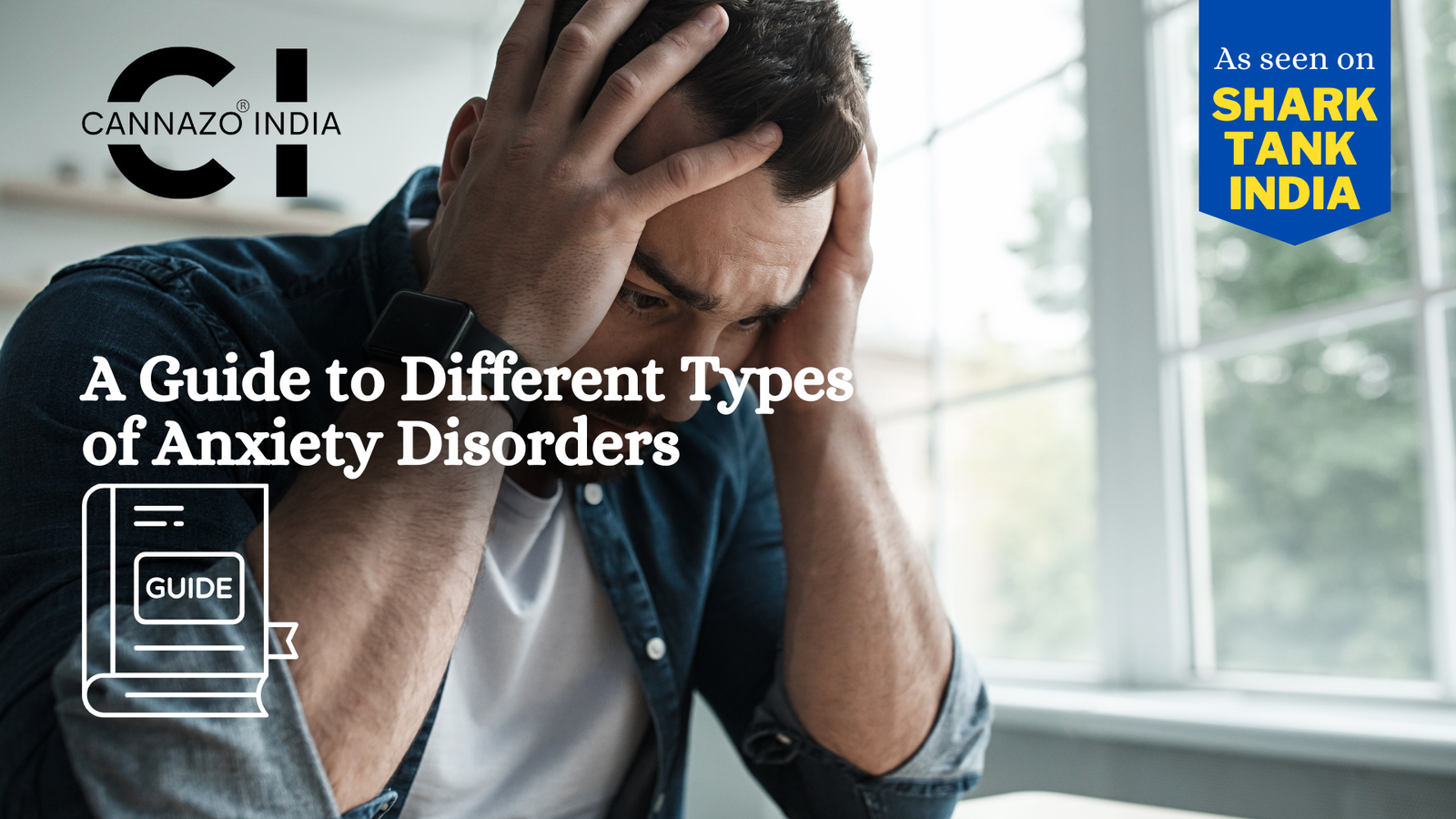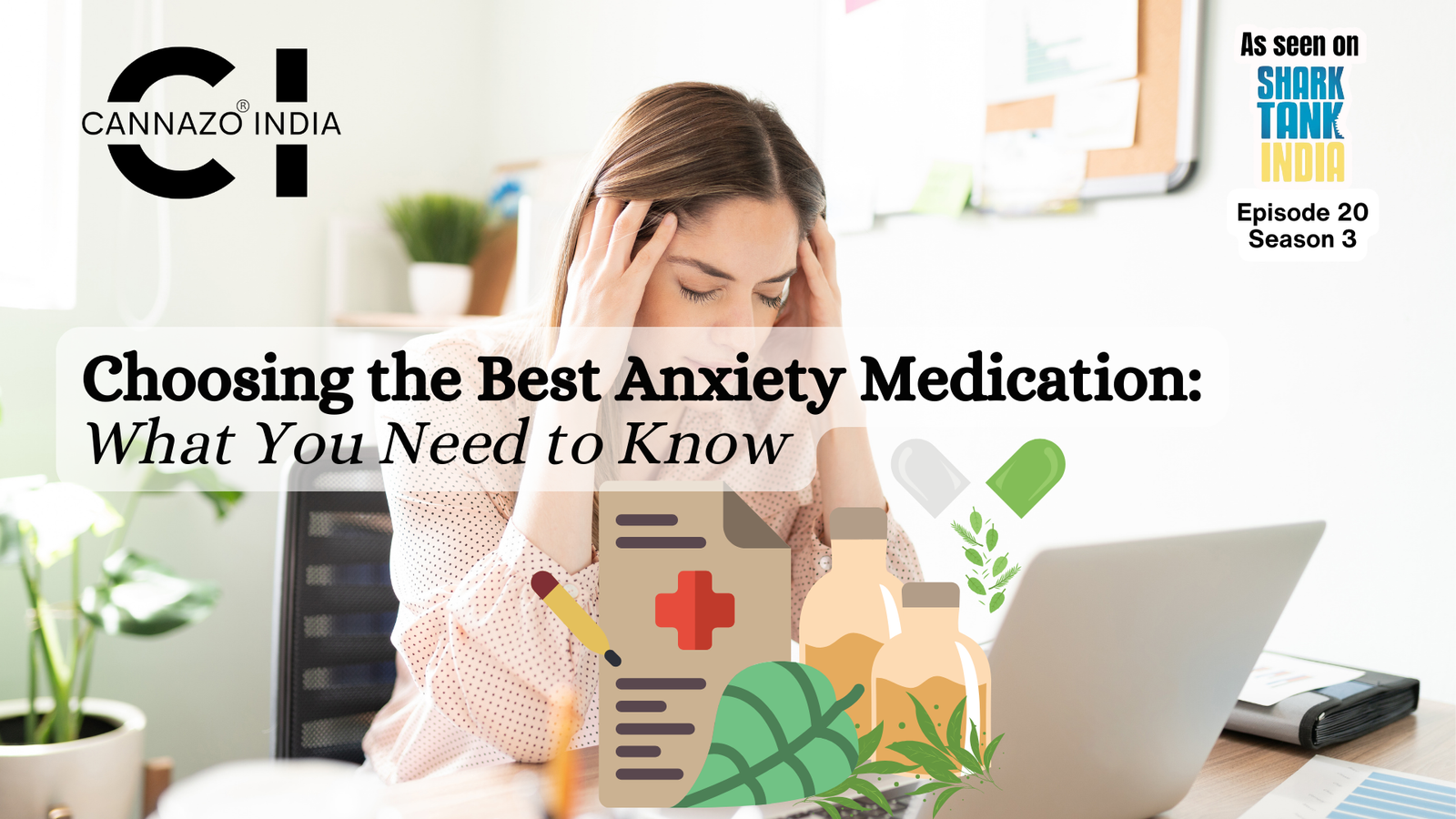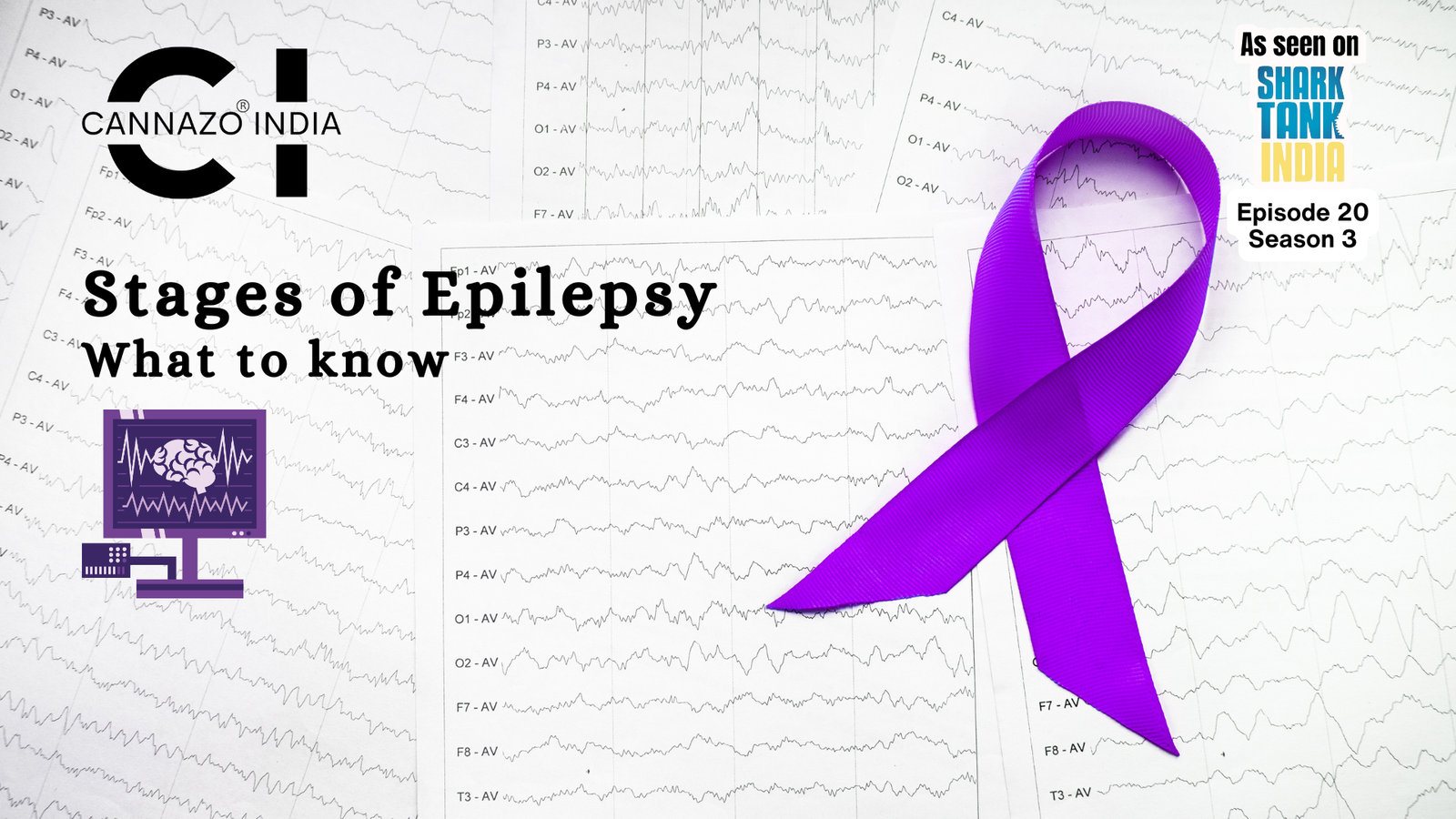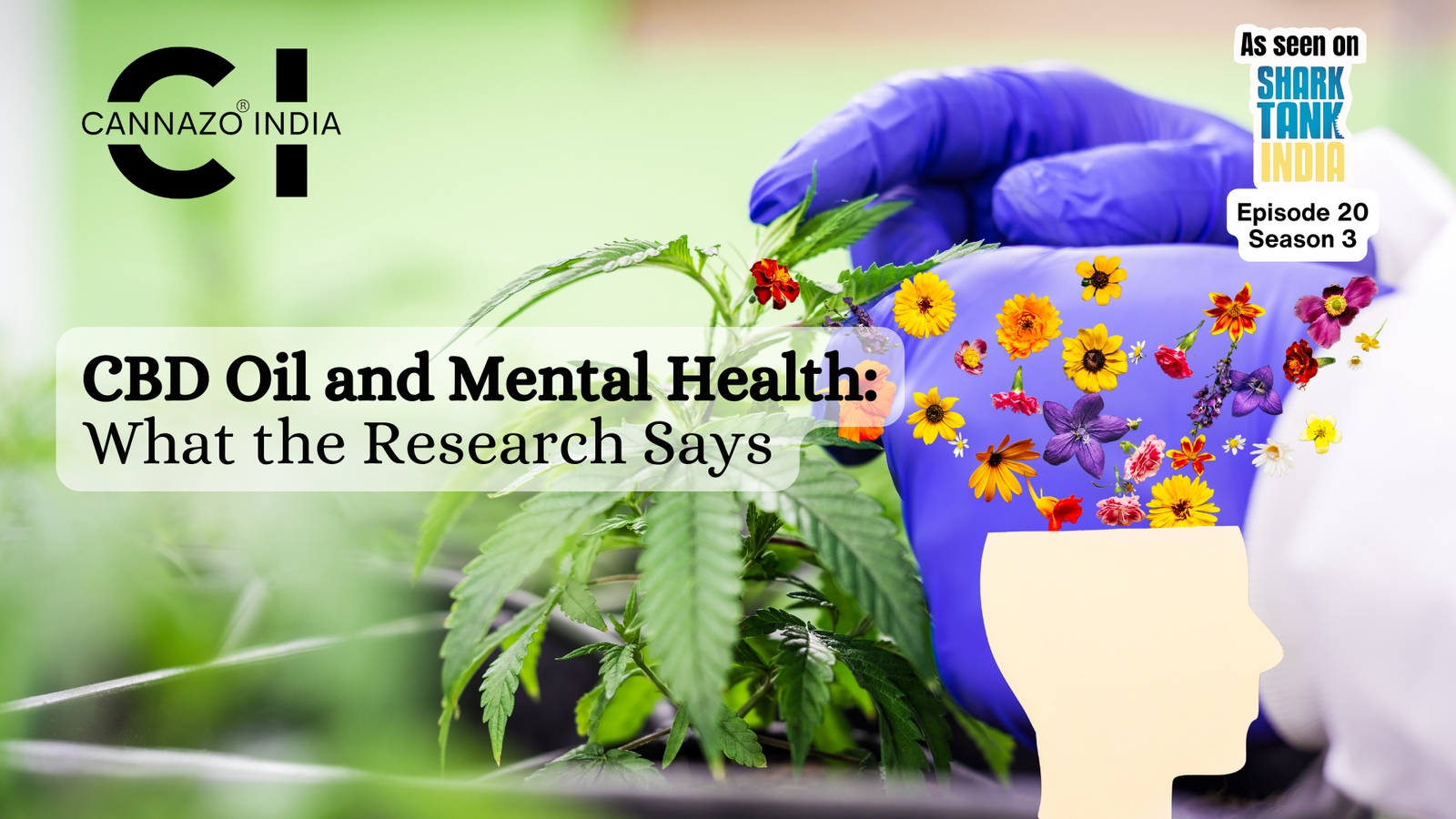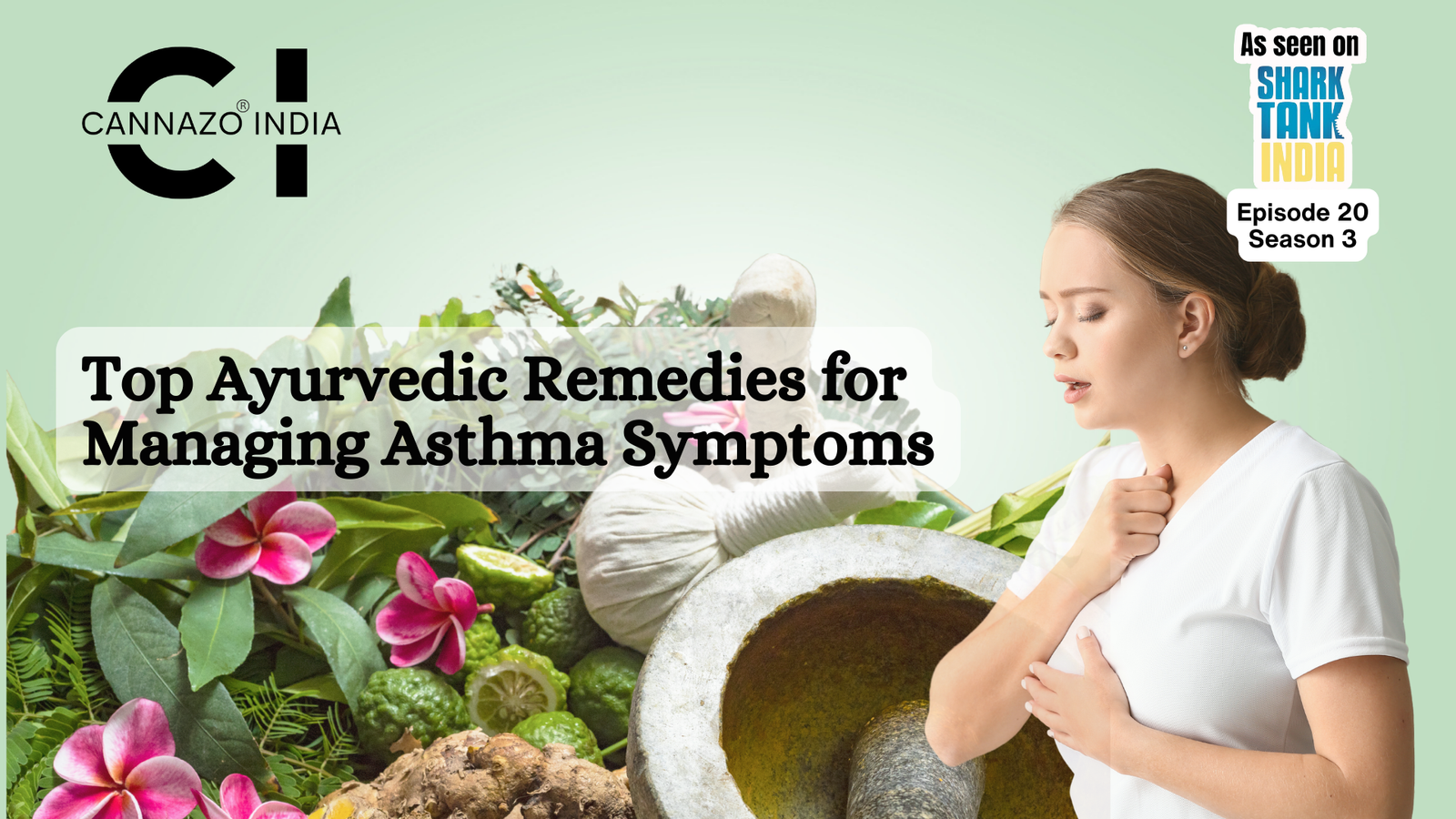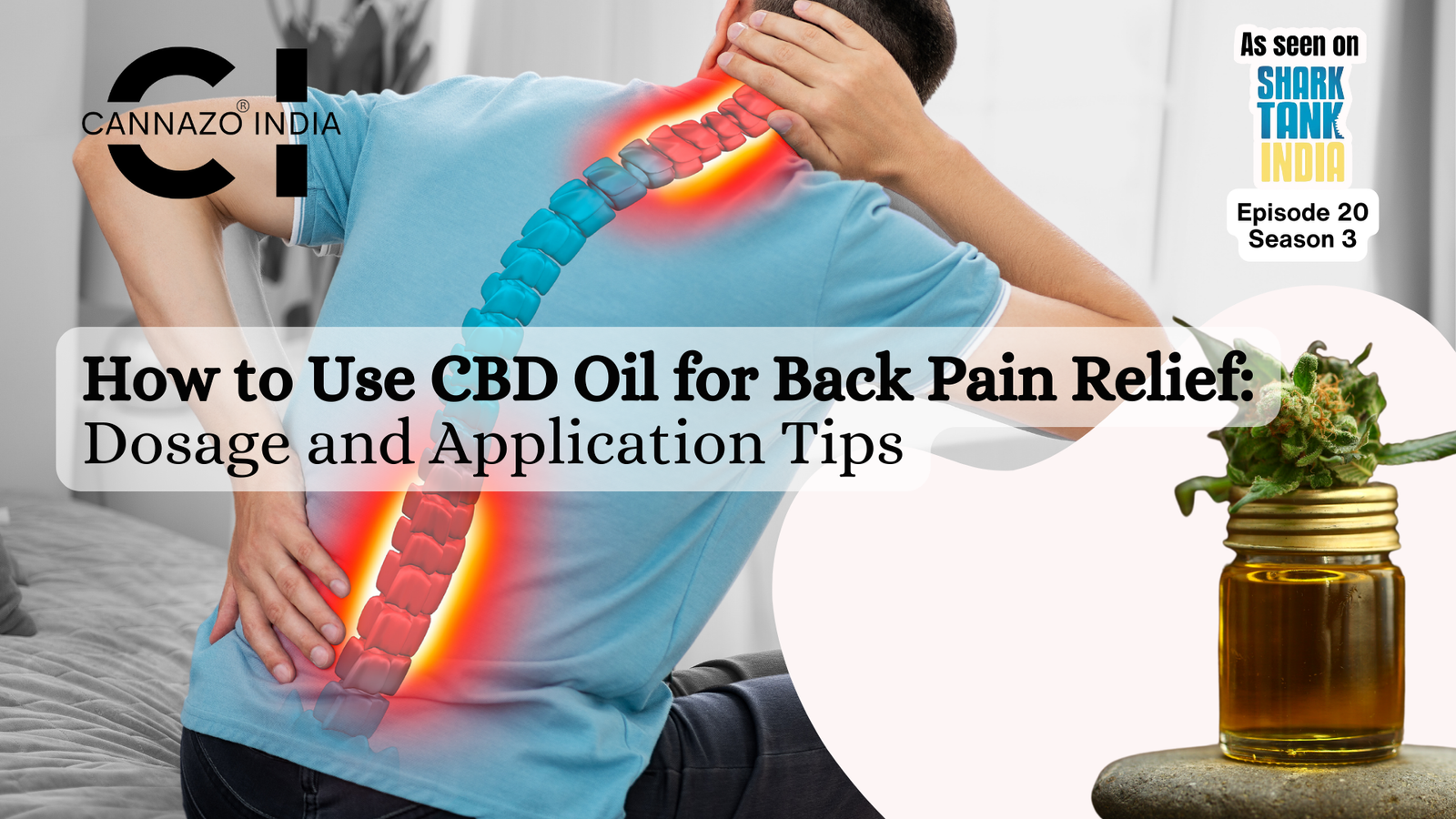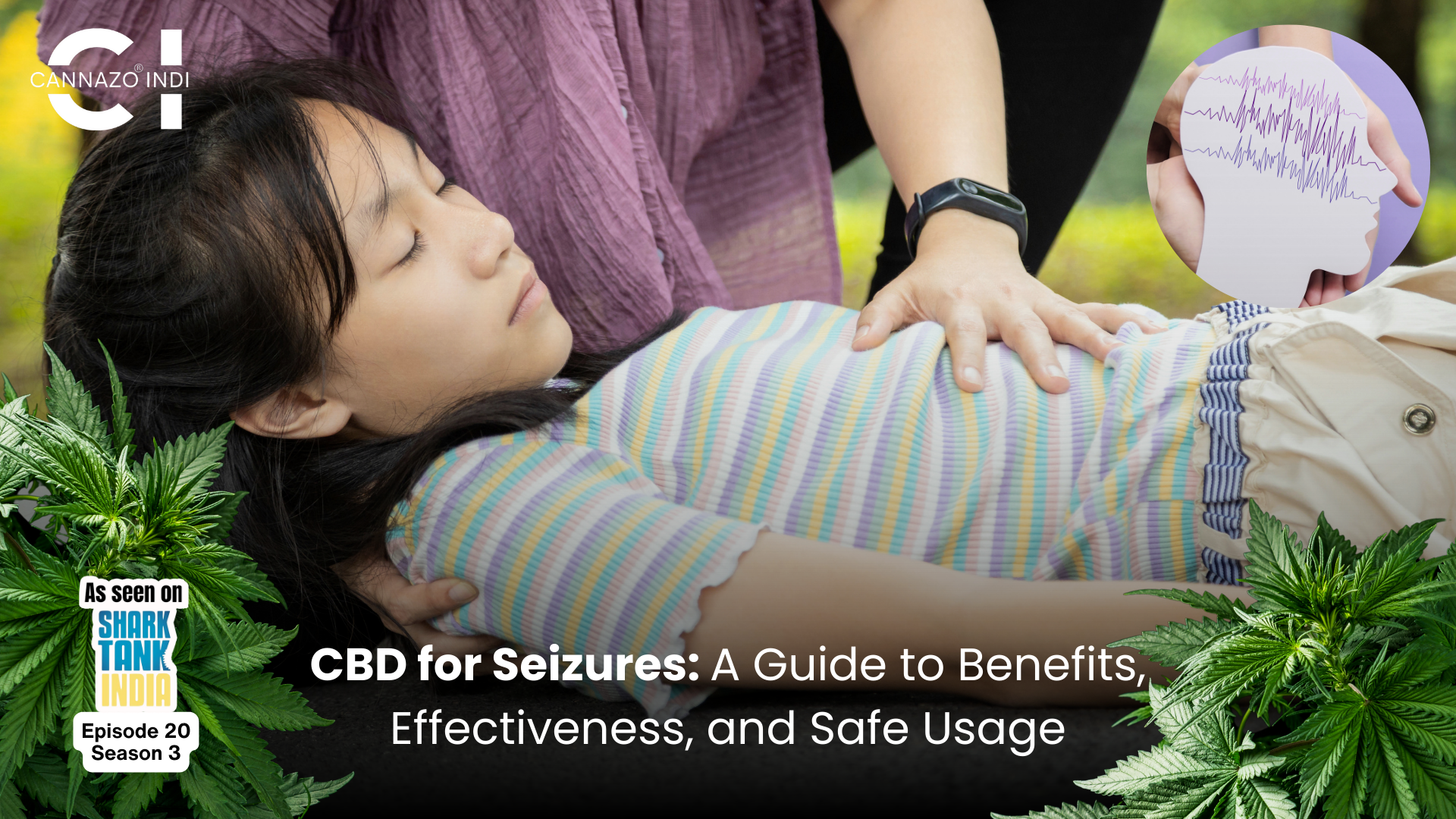According to the Global Asthma Report 2022, 262 million people had asthma in 2019 globally. Bronchial asthma, or asthma, is a respiratory condition which causes inflammation in the lungs and its airways. Some triggers can cause an asthma attack in people with asthma which, if not treated immediately, can be life-threatening.
To understand how to treat asthma, it is critical to know which type of bronchial asthma a patient might have. This article discusses the different types of bronchial asthma, the symptoms, causes, diagnosis and treatment.
What is Bronchial Asthma?
Asthma is a chronic respiratory condition that is characterised by shortness of breath, inflammation in the lungs, and contraction of muscles around the bronchioles. Due to inflammation in the airways, there is also hypersecretion of mucus which irritates the bronchiole lining.
What is a Bronchial asthma attack?
Another symptom of bronchial asthma, which is also the most popularly known, is an asthma attack. More than a symptom, an asthma attack is an exacerbation of asthma since it can be fatal, making it crucial to immediately seek treatment.
Simply put, an asthma attack is the narrowing of airways which obstructs airflow temporarily. It can be caused either due to excessive secretions, swelling or constriction of the bronchiolar muscles (Mims, 2015).
What types of Bronchial asthma are there?
There are various types of bronchial asthma which can be categorised roughly based on their aetiology. Some of these types of bronchial asthma are:
- Allergic asthma: Asthma-related symptoms can be triggered by allergens like pollen, dust, pet dander, etc.
- Non-allergic asthma: Non-allergic factors like cold air, infections and stress may also induce asthma.
- Occupational asthma: Factors one is exposed to at the workplace like wool, dust, certain fumes, etc. can lead to asthma (Vandenplas & Malo, 2003).
- Exercise-induced asthma (EIA): The severity of an exercise may induce asthma in people who are prone to it due to genetic factors (Godfrey, 1975).
- Aspirin-induced asthma (AIA): It has been observed that NSAIDs like aspirin can aggravate asthma symptoms (Szczeklik & Stevenson, 2003).
- Nocturnal asthma: Many asthmatic patients experience symptoms of asthma at night which can lead to sleep disturbances and affect the quality of life (Sutherland, 2005).
- Cough-variant asthma (CVA): As the name hints, CVA is a type of bronchial asthma which is characterised by excessive coughing as the major symptom (Lougheed, 2012).
Symptoms and Causes
What are the signs and symptoms of asthma?
Asthma is characterised by the triad: shortness of breath, inflammation in the lungs, and contraction of muscles around the bronchioles. However, there are other commonly observed symptoms as well like:
- Wheezing
- Shortness of breath
- Chest tightness
- Excessive coughing.
These symptoms can occur as recurrent episodes and may worsen during the morning or night (Mims, 2015).
What are the causes of bronchial asthma?
Asthma is a multifactorial condition with numerous aetiological factors:
- Genetics: Some genes which may play in asthma have been identified, like IL4, IL12, and IL13 which all code for inflammatory cytokines. Moreover, it has been observed that a family history of asthma can increase the likelihood of having asthma (Mims, 2015).
- Viral infections: Many asthma-causing viruses have been studied including respiratory syncytial virus (RSV), coronavirus, rhinovirus (RV), and influenza virus. Each virus seems to cause asthma more in some age groups than others (Jartii et al., 2020).
- Environmental factors: air pollution, cigarette smoke, pollen, chemical irritants, occupational factors like textile dust, etc. may cause asthma upon long exposure (Cockcroft, 2018).
What are common asthma attack triggers?
Asthma triggers are not causative agents of asthma, but rather exacerbate symptoms of asthma and may also cause asthma attacks. Some asthma triggers (Vernon et al., 2012) include:
- Allergens: indoor factors like mould, dust mites, pet dander and outdoor factors like pollen.
- Emotional factors: extreme emotions like stress and anxiety can trigger asthma.
- Physical activity: exercising can increase the likelihood of having an asthma attack.
- Weather: cold, dry air and poor air quality can irritate the bronchial lining.
Diagnosis
One of the main ways to diagnose any of the different types of bronchial asthma is spirometry. It is a test to assess the ability to expire air which in turn provides a measure of airway obstruction (Bringham et al., 2015).
Once asthma is confirmed using spirometry, further testing is done to evaluate lung function. Some of these tests include bronchial provocation testing (pharmacological or non-pharmacological), spirometry changes after asthma treatment and allergy testing (Bringham et al., 2015).
Treatment, Prevention and management
Treatment options
Treatment for different types of bronchial asthma has to primarily do with reducing inflammation in the airways. Some of the most commonly used treatments (Papi et al., 2020) are:
Inhaled corticosteroid (ICS): used for routine maintenance to relieve chest tightness and wheezing.
Long-acting beta-agonists (LABAs): used for asthma management long-term.
Short-acting beta-agonists (SABAs): SABAs are used as a rescue medication in emergencies like asthma attacks.
Recently, full spectrum CBD is becoming increasingly popular due to its antioxidant and anti-inflammatory effects. According to research, it may deliver higher neuroprotective advantages than both C and E vitamins.
full spectrum CBD oil may reduce hyper-responsiveness in the air passages, which means the lungs might be less susceptible to asthma triggers. This results in fewer flare-ups and symptoms, such as coughing.
A 2019 study demonstrated that CBD reduced hyperresponsiveness and airway inflammation in mice generated with allergic asthma. More human trials are needed to assess the effectiveness of CBD oil. So far, research has revealed that a daily intake of up to 1,500 milligrams (mg) of CBD may be safe for humans.
Prevention and management
A good way to prevent asthma is to combine different modes of treatment for holistic management while being cognizant of misinformation. Some prevention tips are:
- Take your prescribed medications regularly: Taking long-term management medications prescribed by your doctor is crucial for asthma management.
- Avoid triggers: Triggers can exacerbate symptoms, so it is best to avoid them by wearing masks.
- Rectify myths: Ask your doctor about any misconceptions and myths to get the right information.
- Integrate natural remedies: Holistic approaches like using probiotics, yoga, exercise, and breathing exercises along with your usual medications will improve your quality of life.
Who can get asthma?
Asthma is the most prevalent chronic illness in children and a significant noncommunicable disease (NCD) that affects both adults and children.
Some risk factors include:
Family history of asthma
Your inherited genetic structure predisposes you to developing asthma. In fact, it is estimated that three-fifths of asthma cases are genetic. According to a CDC analysis, having a parent with asthma increases a person’s chances of developing asthma by three to six times that of not having a parent with asthma.
Environmental Factors
Pollution, nitrogen oxide, sulfur dioxide, ozone, cold temperatures, and excessive humidity have all been shown to induce asthma in vulnerable individuals. In fact, there is a significant rise in hospital admissions and asthma symptoms during times of high air pollution.
The most harmful component of pollution is ozone. It causes shortness of breath, coughing, and even chest pain, and it might increase the risk of infection. Weather fluctuations can also cause asthma attacks in certain people. For example, cold air constricts the airways and increases mucus production.
When to see a doctor
The first symptom when someone might have asthma is a persistent cough that won’t go away for weeks. Even if the cough doesn’t go away when you have tried some medications, it is recommended to go see a doctor.
According to the American Lung Association, other warning symptoms include feeling breathless when walking or talking normally, nails or lips turning blue and a high number of breaths (more than 30) per minute. A person who is already diagnosed with asthma should visit their doctor regularly with at least one visit per year.
The doctor will suggest a personalized treatment protocol as per the symptoms. If your doctor suggests including full spectrum CBD oil in your asthma treatment regimen, they can recommend an appropriate dosage. The appropriate dosage for you is determined by a number of criteria, including product type and body weight. Your doctor may alter your dosage based on your response to the treatment. Get in touch with experienced doctors via https://cannazoindia.com/doctor-consultation/
References
- Brigham, E. P., & West, N. E. (2015, September). Diagnosis of asthma: diagnostic testing. In International forum of allergy & rhinology (Vol. 5, No. S1, pp. S27-S30).
- Cockcroft, D. W. (2018, February). Environmental causes of asthma. In Seminars in respiratory and critical care medicine (Vol. 39, No. 01, pp. 012-018). Thieme Medical Publishers.
- Godfrey, S. (1975). Exercise-induced asthma—clinical, physiological, and therapeutic implications. Journal of Allergy and Clinical Immunology, 56(1), 1-17.
Jartti, T., Bønnelykke, K., Elenius, V., & Feleszko, W. (2020, February). Role of viruses in asthma. In Seminars in immunopathology (Vol. 42, No. 1, pp. 61-74). Berlin/Heidelberg: Springer Berlin Heidelberg.
- Lougheed, M. D., Turcotte, S. E., & Fisher, T. (2012). Cough variant asthma: lessons learned from deep inspirations. Lung, 190, 17-22.
- Mims, J. W. (2015, September). Asthma: definitions and pathophysiology. In International forum of allergy & rhinology (Vol. 5, No. S1, pp. S2-S6).
- Papi, A., Blasi, F., Canonica, G. W., Morandi, L., Richeldi, L., & Rossi, A. (2020). Treatment strategies for asthma: reshaping the concept of asthma management. Allergy, Asthma & Clinical Immunology, 16, 1-11.
- Sutherland, E. R. (2005). Nocturnal asthma. Journal of Allergy and Clinical Immunology, 116(6), 1179-1186.
- Szczeklik, A., & Stevenson, D. D. (2003). Aspirin-induced asthma: advances in pathogenesis, diagnosis, and management. Journal of Allergy and Clinical Immunology, 111(5), 913-921.
- Vandenplas, O., & Malo, J. L. (2003). Definitions and types of work-related asthma: a nosological approach. European Respiratory Journal, 21(4), 706-712.
- Vernon, M. K., Wiklund, I., Bell, J. A., Dale, P., & Chapman, K. R. (2012). What do we know about asthma triggers? A review of the literature. Journal of Asthma, 49(10), 991-998.
- American Lung Association (2024, June 7). When To See Your Doctor about Asthma. When To See Your Doctor about Asthma. Retrieved June 21, 2024, from https://www.lung.org/lung-health-diseases/lung-disease-lookup/asthma/symptoms-diagnosis/when-to-see-your-doctor
- The Global Asthma Report (n.d.). Global Burden of Disease due to Asthma. The Global Asthma Report 2022. Retrieved June 21, 2024, from https://globalasthmareport.org/burden/burden.php
- Global burden of 369 diseases and injuries in 204 countries and territories, 1990–2019: a systematic analysis for the Global Burden of Disease Study 2019. Lancet. 2020;396(10258):1204-22
- Iffland, K., & Grotenhermen, F. (2017). An Update on Safety and Side Effects of Cannabidiol: A Review of Clinical Data and Relevant Animal Studies. Cannabis and cannabinoid research, 2(1), 139–154. https://doi.org/10.1089/can.2016.0034
- Iffland, K., & Grotenhermen, F. (2017). An Update on Safety and Side Effects of Cannabidiol: A Review of Clinical Data and Relevant Animal Studies. Cannabis and cannabinoid research, 2(1), 139–154. https://doi.org/10.1089/can.2016.0034
- Vuolo F, Abreu SC, Michels M, et al. Cannabidiol reduces airway inflammation and fibrosis in experimental allergic asthma. Eur J Pharmacol. 2019;843:251-259. doi:10.1016/j.ejphar.2018.11.029














